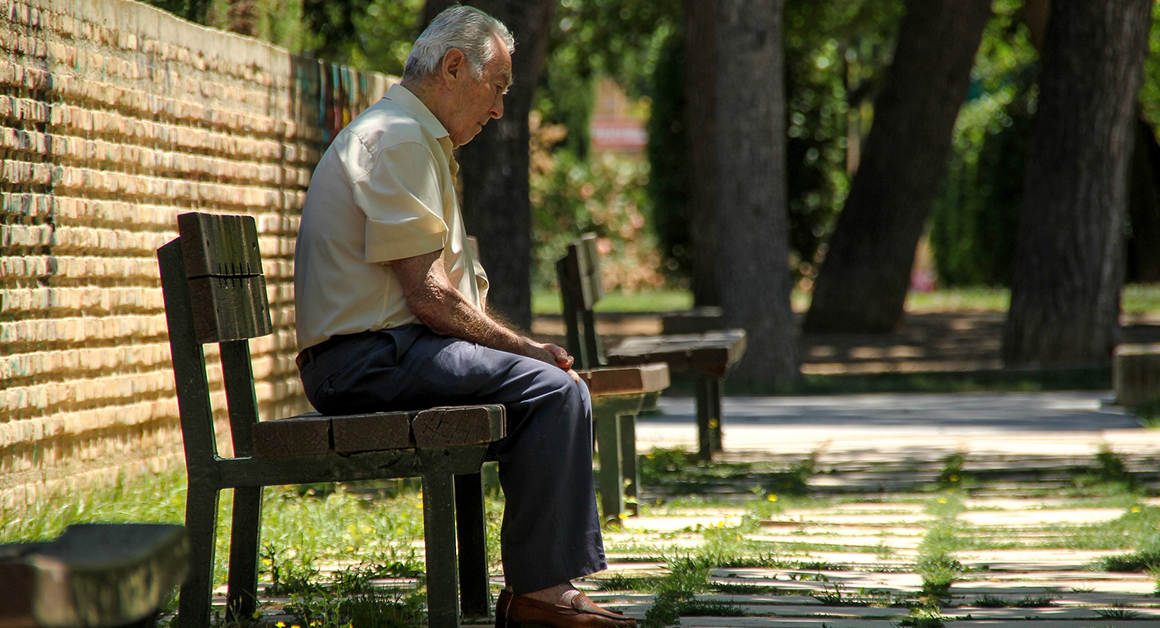Significant Health Risk Due To Loneliness
At the pandemic’s start, restrictions were placed on visiting senior living facilities, and seniors living at home were encouraged to stay home. In-person support services were also suspended, and although many turned to online communication, not all older adults had access to these technologies. As a result, many seniors have felt isolated, as reported by the media. However, loneliness among older adults is not a new issue.
Over the past decade, studies have shown that social isolation is a growing problem that significantly affects the quality and duration of life. Here are some of the key findings from this research:
Elderly socially isolated individuals are more likely to neglect their health. Leading to less physical activity and poor nutrition. A study from November 2021 by the North American Menopause Society showed that eating alone often leads to overeating, which can increase the risk of heart disease and other health problems.
Loneliness increases the risk of dementia by 50%. Social interaction provides the mental stimulation that the brain needs and the human desire to spend time with others are as strong as the need for food and water. The lack of interaction with others can lead to cognitive decline, which is visible even from day to day. In September 2021, experts from Penn State University found that seniors who interacted socially with others scored higher on memory and cognition tests.
Loneliness also causes emotional distress, which can be detrimental to mental and physical health, even for those who engage in mentally stimulating solo activities such as reading or working. Loneliness can lead to inflammation and harmful stress hormones that can damage cells, and researchers have found that it shortens life more than obesity or smoking.
Social isolation can also threaten financial health. Financial fraud against older adults has risen sharply in recent years. Lonely elders are more vulnerable to scams, such as those involving a “friendly stranger” or an online romance, because they are grateful for someone to talk to and may not hang up on a con artist.
Barriers to Social Connections
Various barriers to social connections in later life need to be addressed. Changes in life circumstances, such as the death of a spouse, retirement, or moving from one’s home, can result in a loss of social contact. Even “weak ties” such as grocery clerks or mail carriers can provide a dose of valuable socialization. Family members can help older relatives replace those contacts by looking into senior programs in the community, volunteer work, and online socialization. Hiring professional in-home care can also provide much-needed companionship.
Health problems can also limit mobility and lead to social isolation. Loneliness can lead to illness and disability, and older adults with chronic health conditions may become homebound. Those with hearing loss are particularly at risk, and halting socializing can lead to a downward spiral. It’s essential to prevent the effects of loneliness from looping back around, and dealing with a chronic illness shouldn’t prevent older adults from socializing if possible.
Lack of transportation can also limit mobility in the community. Even if older adults are motivated to “get out there,” they may not have access to transportation due to arthritis, visual impairment, or memory loss. Transportation alternatives include public and senior-specific transportation and ride-hailing services, and family and friends can also provide a ride. Professional in-home care can provide the highest convenience and safety, with caregivers transporting clients to healthcare appointments, social gatherings, and other events.
When a person is living with Alzheimer’s disease or a related disorder, memory loss can lead to isolation. To combat this, families should encourage their loved ones’ friends and family to continue spending time with them. Many innovative dementia-friendly programs are available today that offer appropriate social activities in a non-judgmental setting. Professional in-home caregivers can provide care and activities for clients and offer respite for family caregivers who often experience loneliness themselves.
